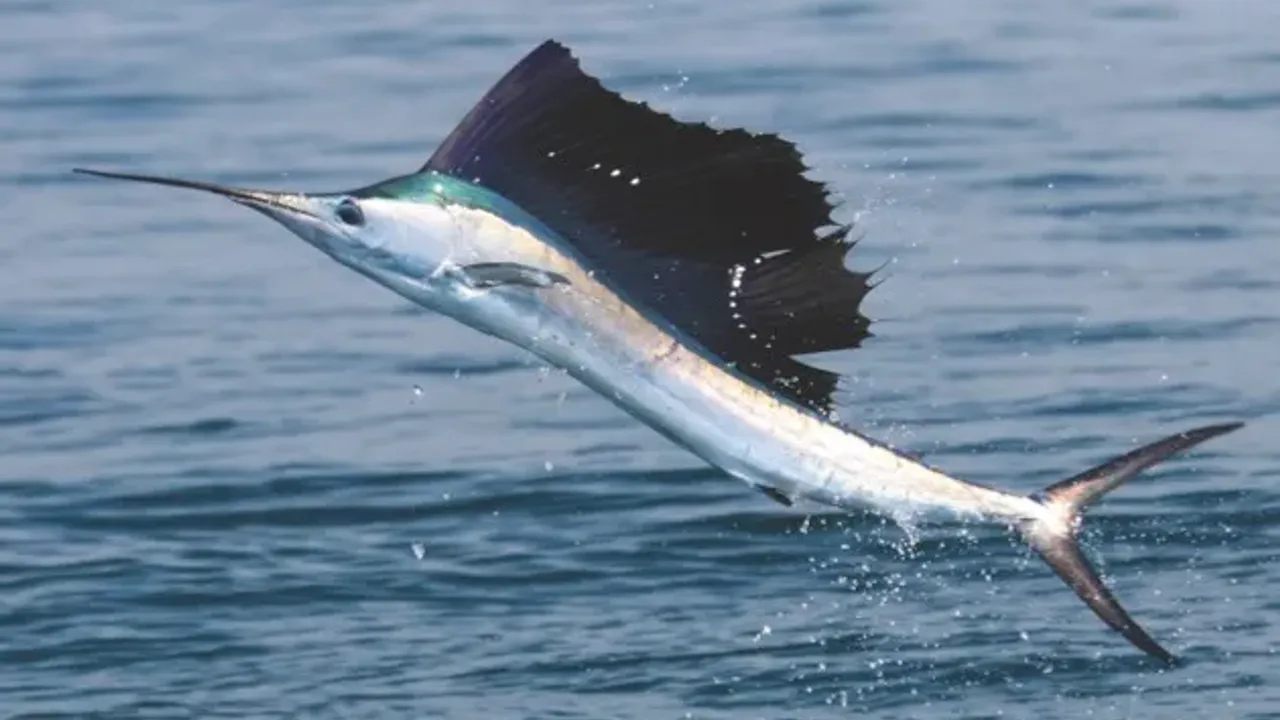Leading the pack is the sailfish, a formidable predator recognized by its large, pointy bill and distinctive sail-like dorsal fin.
Sailfish, part of the marlin family, can reach up to 10 feet in length. There are two species: the Atlantic sailfish and the Indo-Pacific sailfish. Historically, scientists in the 1940s believed sailfish could swim at speeds of up to 67 miles per hour. However, a 2015 study revised this estimate significantly, suggesting their top speed is closer to 22 miles per hour. These speeds are not sustained but occur in short bursts, similar to how a cheetah operates on land.
A 2015 project by the Central American Billfish Association reported recording a sailfish accelerating at a G-force of 1.79 G. This would theoretically allow it to reach speeds equivalent to 78 miles per hour if sustained for a few seconds.
However, this claim was challenged by the Large Pelagics Research Center, which conducted a similar study on bluefin tuna. They found that bluefin tuna could accelerate at 3.27 G, nearly double the sailfish's record.
It's important to note that these bursts of speed are not maintained for long periods, and further research is needed to determine how long these fish can sustain such rapid acceleration.
For comparison, the cheetah remains the fastest land animal. Sarah, a cheetah at the Cincinnati Zoo, set a recorded world record in 2012, reaching speeds of 61 miles per hour.
In conclusion, while the sailfish holds the crown for now, the bluefin tuna is a strong contender in the race for the fastest fish in the sea. Further studies will help clarify which fish truly deserves the title.






